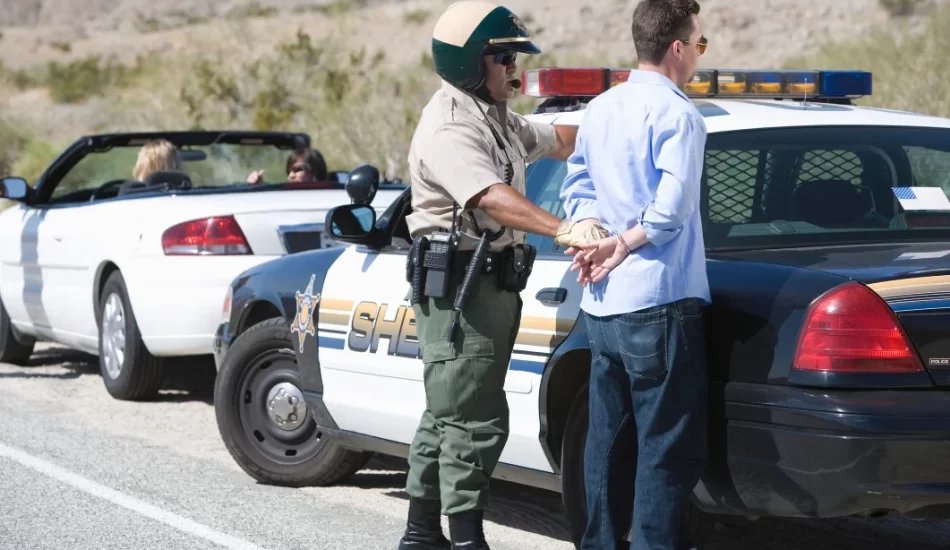Arrested or Detained?

A detention occurs when law enforcement holds you in custody for a temporary period of time. In order to be detained, the police must have reasonable suspicion or proof of criminal activity. This period of detention must be reasonable and not excessive. Law enforcement will use this detention period to find out more facts about the possible crime. You may assert your right to remain silent during this detention and may ask for an attorney even if the police officers haven’t advised you of these rights. Unlawful police detention is when police officers restrict a person’s freedom to leave without legal justification.
An arrest occurs when there is probable cause that you have committed a crime. At this point, all of your liberty and freedom of movement are taken away by the police. Typically, a warrant is required for an arrest, but there may be situations where an arrest occurs without a warrant. When being arrested or immediately after, the police officer should state your Miranda rights, including the right to remain silent and the right to an attorney.
A detention will not appear on your criminal record; however, an arrest may appear on your criminal record. While a detention is not an arrest, it may lead to an arrest. Exactly when a detention becomes an arrest may be unclear as the police officer does not have to use the word “arrest.” Throughout a detention or arrest, you should assert your right to remain silent and ask for an attorney. Law enforcement will often continue to ask questions even after an attorney has been requested, so it is important that you continue to assert your rights and refuse to answer questions until your attorney is present.
Request Your
Free Consultation
Fields Marked With An “ * ” Are Required
"*" indicates required fields


